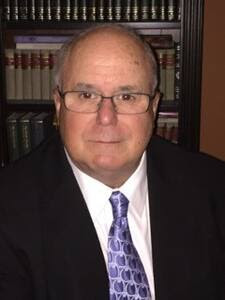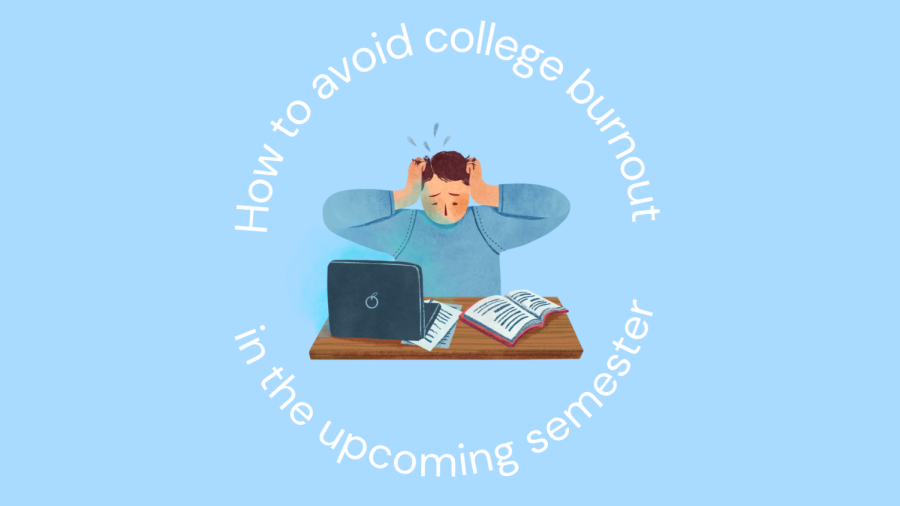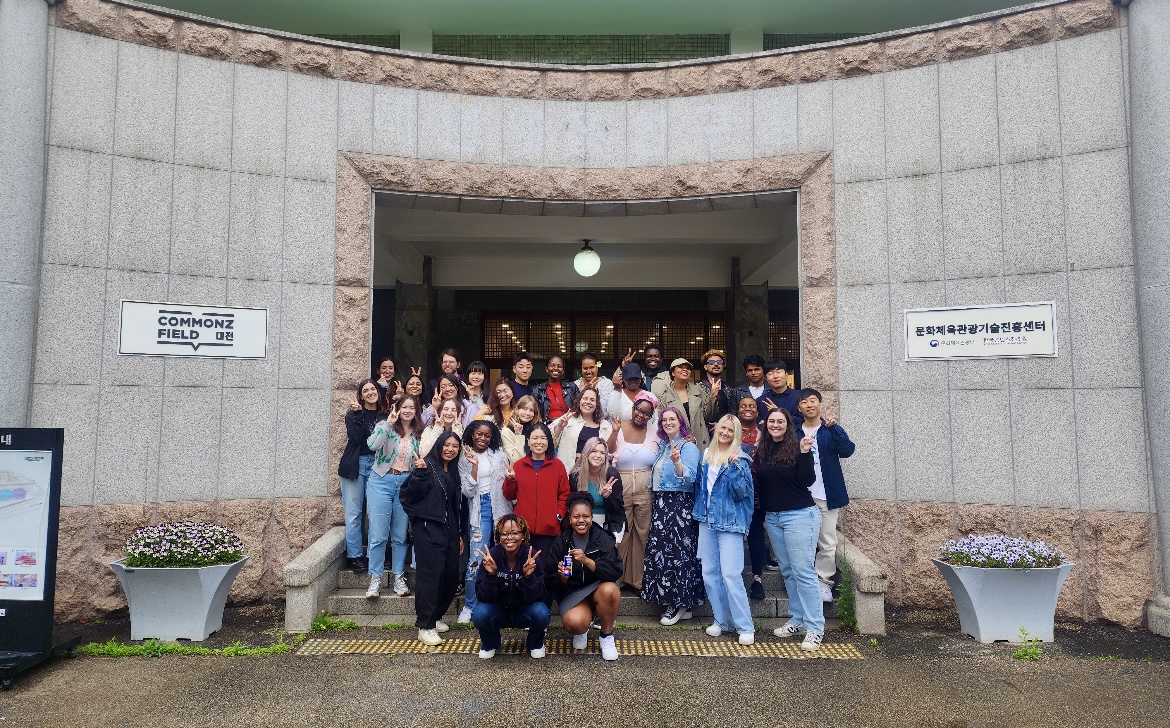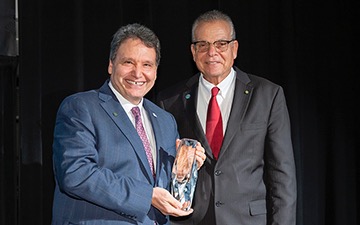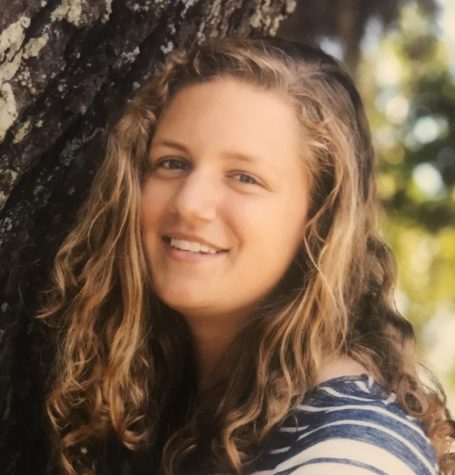Eventually, we all leave the nest and choose a path for the future. Selecting a career path and preparing for the future could be a strenuous process. Spinnaker met with advisors Patricia Palmer, Emily Roth, and Tiffany Kershner who helped prepare the following general tips detailing how to prepare for life after college.
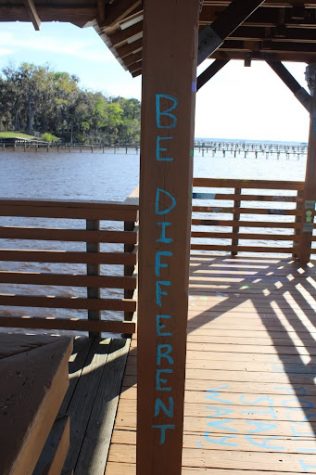
Choosing a Career Path
General tips:
- Learn what you like based on personal interests. Use hobbies as a starting point and research particular careers. Acknowledge your strengths and passions.
- Get to know your faculty. Reach out to professors of classes you enjoy to explore potential career options.
- It is okay not to have a specific plan. Explore potential careers as a starting off point. Reflect on the exploration process to learn what you are interested in.
- Take chances because you never know what doors will open.
- Once you find a major, figure out your career options. Career services has a website where students can see the potential careers for each major.
- Attend career fairs to increase networking and find interests.
- Choosing a career path is a lifelong journey and changing careers is common. A chosen career path does not have to permanently define your future.
- Do not focus on one dream job. While it is good to have specific goals, leave options open just in case.
- Go to Career Services for specific information.
Maintaining Mental Health
Maintaining good mental health habits might be difficult when facing the high stress process of preparing for the future. Doubt comes with choosing a path, but students should not be afraid to try new things, especially since doubt comes with life.
General tips:
- Take breaks. It is okay to slow down and reflect throughout the process. When completing an application, it helps to step away and return later with a fresh perspective.
- Use hobbies as an outlet and escape.
- Keep in touch with advisors to maintain a good network for feedback and advice.
- Seek and surround yourself with support.
- Do not compare yourself to others.
‘

Interviews
Advising has several resources for interview preparation.
General tips:
- It may seem obvious, but be prepared for any potential obstacle and question. More preparation will decrease stress.
- The interviewer is already interested, so be yourself.
- Know your audience. Research interviewers and address them correctly, especially if they have a doctorate.
- Practice answering common interview questions. A list of common questions can be found online.
- Dress appropriately. Career services has a specific guide online.
- Know how to get to the location. For virtual interviews, understand the format and platform prior to the meeting to avoid issues with technology.
Fellowships
Fellowships are a great opportunity to explore career options and bridge the gap between college and the future. Not all fellowships have restrictive requirements like a certain GPA. These unique opportunities could be game changers for students unsure of the future. Networking and connections made through fellowships can lead to different job opportunities. Fellowships can also come with large sums of money to fully fund the experience. Dr. Kershner, the Associate Director of Fellowships, will guide any student through the process of finding and applying for fellowships.
Higher Education
For students seeking a higher education, there are several resources on campus to help find suitable programs and assist with the application process.
General tips:
- Start the process early. Preferably, start the process around the end of your junior year.
- Take a gap year if needed. A break could be beneficial depending on how you feel.
- Be committed financially and mentally.
- Reach out to mentors and faculty members for advice and necessary letters of recommendation.
Job Hunting and Networking
Finding a job can seem like a difficult task, but utilizing available networking resources could make the process much easier.
General tips:
- Use online sources to find job postings. Career Services recommends using Handshake.
- Learn what you enjoy and do not enjoy.
- Start as early as possible. Use summers wisely to research jobs and internships.
- Utilize current and potential connections through family members and friends.
- Attend career fairs and webinars. Contact specific speakers to thank them as a way to start a dialogue.

Other Tips
- Use study abroad opportunities to gain a different perspective on life.
- Build soft skills like communication, time management, and creative thinking.
- All job experience should be included on a resume because anything could catch the eye of the reader to help the resume stand out.
- Always have an updated resume and an efficient cover letter. You never know when you could give someone a resume. Use the writing center to improve any professional documents.
How to be Successful
People are often defined by success as a measure of life. Failure can be the end of a particular path, but this does not have to be a negative.
General Tips:
- Measure your own success based on what is meaningful to you.
- Let success motivate you, but do not let it distract from maintaining mental health.
- If you fail, learn from the experience. Take a moment to grieve the failure before moving on to another plan.
Career services can assist further through specific career assessments, information, and advice.
___
For more information or news tips, or if you see an error in this story or have any compliments or concerns, contact editor@unfspinnaker.com.




